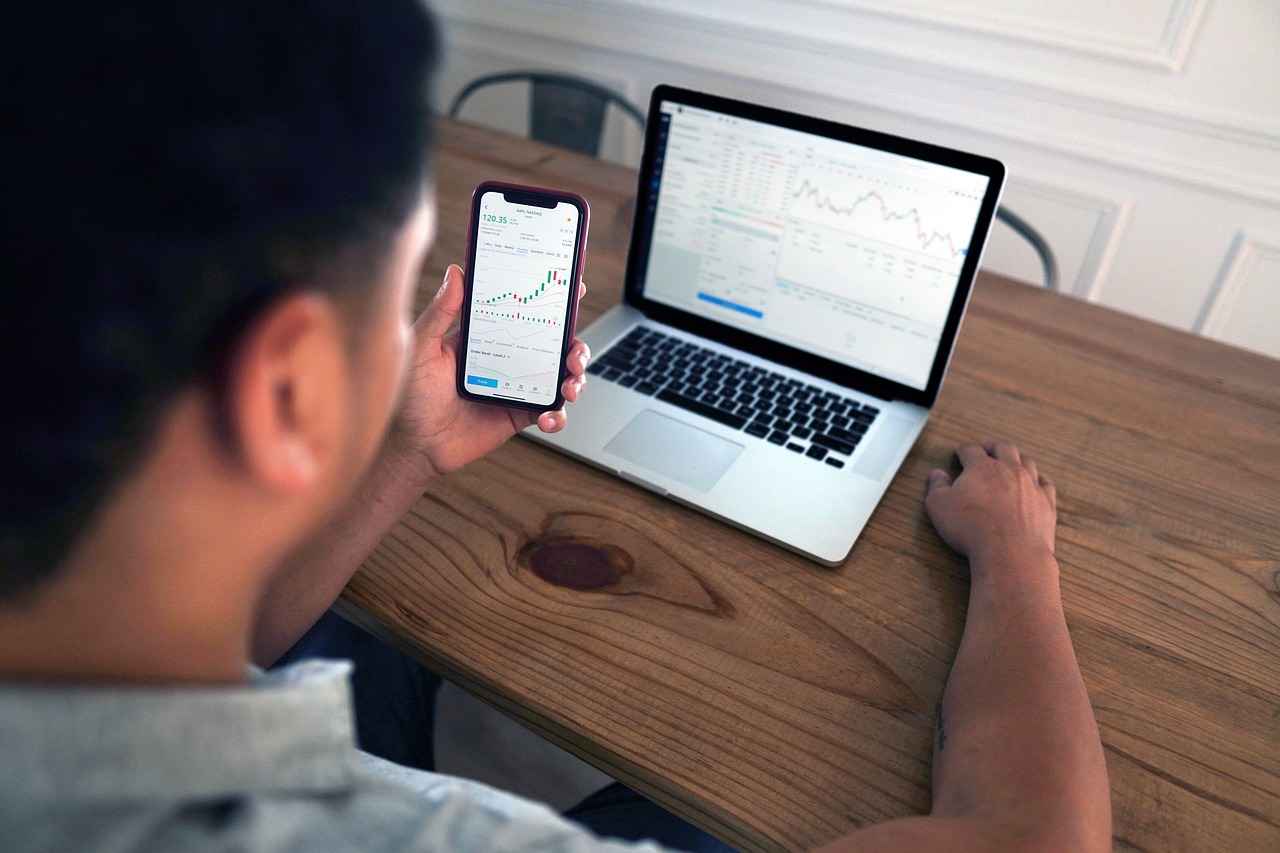In an era where online trading has gained immense popularity, Forex brokers scammers have found new ways to exploit unsuspecting investors seeking to enter the Forex market.
The rise in fraudulent activities has prompted experts to shed light on essential tips for identifying scammers posing as Forex brokers.
1. Unregulated or Fake Licensing
Reputable Forex brokers are required to be regulated by recognized financial authorities in their respective countries.
One of the first signs of a potential scam is the absence of proper licensing or the use of fake licensing credentials. Investors should verify the broker’s registration and cross-check it with the relevant regulatory agencies.
2. Guaranteed Profit Promises
Be cautious of brokers who promise guaranteed profits or assured returns. The Forex market is highly volatile, and no legitimate broker can guarantee consistent profits.
Forex brokers scammers often use this tactic to lure in investors, only to disappear with their funds.
3. Poor Communication and Support
Legitimate Forex brokers prioritize effective communication and support to assist their clients. Scammers, on the other hand, may be difficult to contact or provide vague answers to critical questions. If a broker’s support team is unresponsive or evasive, it’s a red flag.
4. High-Pressure Sales Tactics:
Scammers are known to use high-pressure sales tactics to push investors into making hasty decisions.
Legitimate brokers prioritize providing information and allow investors the time to make informed choices. If a broker pressures you to deposit funds quickly or seems overly persistent, exercise extreme caution.
5. Fake Reviews and Testimonials:
Always verify the authenticity of online reviews and testimonials about a Forex broker. Scammers may create fake positive reviews to deceive potential investors.
Look for reviews from multiple sources and reach out to individuals who have claimed to have experience with the broker.
MUST READ: How To Check If You Are Listed In CRB
6. Inconsistent Withdrawal Processes:
Withdrawing profits is an essential part of trading. Be wary of brokers with complicated or inconsistent withdrawal processes.
Legitimate brokers adhere to clear and transparent withdrawal policies, while scammers may impose high fees or delay withdrawals indefinitely.
7. Lack of Transparency:
Trustworthy brokers are transparent about their fees, trading conditions, and other relevant information.
Scammers often hide behind complex terms and conditions, making it difficult for investors to understand the risks and costs associated with trading.
8. Absence of a Demo Account:
Most legitimate Forex brokers offer a demo account for new traders to practice and get familiar with the platform.
Scammers may avoid providing this option as it allows investors to discover the broker’s true intentions without risking their money.
9. Suspicious Payment Methods:
Be cautious of brokers who only accept obscure or untraceable payment methods. Reputable brokers typically offer a range of secure payment options, including credit cards and bank transfers.
MUST READ: Before Trading Forex – Questions to Ask Yourself
10. Do Your Research:
Before investing with any Forex broker, conduct thorough research. Check for reviews, ratings, and complaints from other investors. Utilize resources from reputable financial authorities to verify the broker’s legitimacy.
By staying vigilant and following these tips, investors can protect themselves from falling victim to Forex brokers’ scammers and make informed decisions while choosing a reliable broker for their trading endeavors. Remember, when it comes to investments, it is always better to be safe than sorry.
'Want to send us a story? Submit to NAIROBIminiBLOGGERS via our Email nairobiminiblogger@gmail.com'

Drop Your Comments, What do you think About The Article?